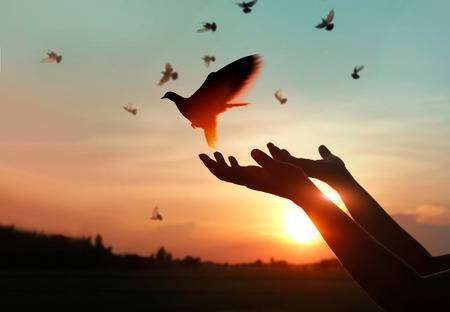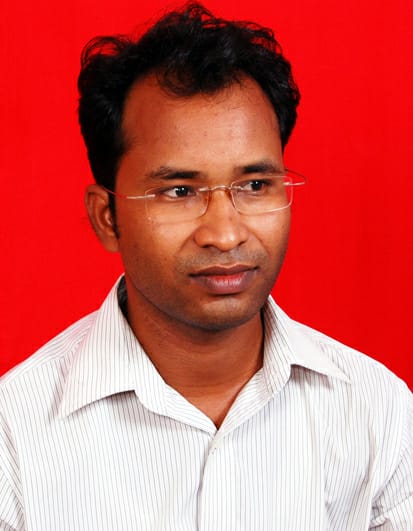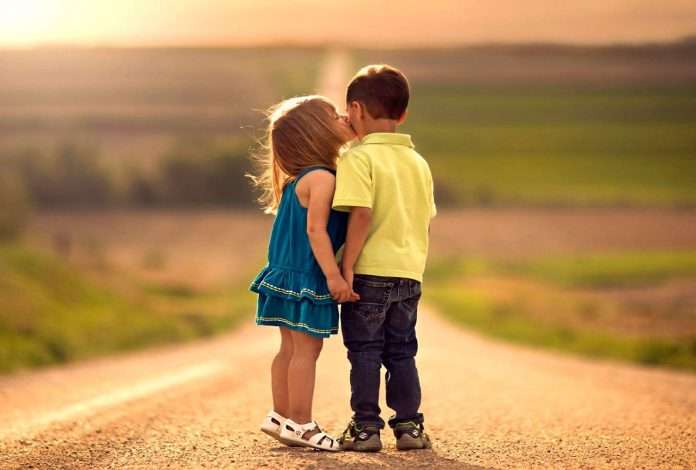LOVE, though it is an English word not unknown for many Indians. Many of us also exposed to some Hindi, Urdu, Parsee words like Pyar, Mohabbat, Prem, Priti etc. similar to love. In Odia, we have another term for it, i.e. bhalapāibā like Bhālobāsā in Bengali.
But what is love?
Sriradha asked the same to Bishakha in Bidagdha Chintāmani.
Bidagdha Chintāmani is an anthology of poetry on the love narrative of Sriradha and Krishna written by Abhimanyu Samantasinghar at the end of the seventeenth century. The whole kavya is based onaprākruta prema. In the thirty-nine chapter, Sriradha is asking, “What is love, from where it comes from? Who the almighty made it”?
Bishakha explained:
“abyaya akshyaya nitya padārtha / ke jāniba priti shabda artha”?
It is unexpended, imperishable, ever new one / how one could know its meaning?
“anala nuhai deha dahai / astra nuhai marame bhedai
nuhai ta jala budāe kula / nuhai mādaka kare bihwala”.
It is not fire but could burn the body, not a weapon but strike the inner heart, it is not water but flushed away kula (clan in the sense of social identity and prestige), not an intoxicant but easily benumbed one.
Bishakha explained how difficult to be in love is: It is hard to nourish the love; it is like walking on the road of swords. Maintaining love is like keeping mercury in one’s palm. Even it is difficult from walking a horse made of lac over an inferno.
“bāndhāiba je hirāre chhātiki / mati balāiba sehi pritiki
jibana jāhā swa-āyatte thiba / sehi ta pritipathe pada deba”.
So, if you could have the armour of diamond on your chest, then you may show your love interest. If your life is in your control, then moves your step in the path of love.

What happens when someone falls in love?
It isn’t easy to know who is one’s own person and who is not for a lover. Even her body and mind does not feel like her own. Spreads bad-name in the society; spoils caste, culture, prestige, knowledge and makes one shameless. Being in love is like fire and gunpowder; it could not be separated and stop them from a burst.
Why is Bishakha so complicated towards LOVE, especially for aprākruta prema? We all know that the aprākruta prema is dibya, satya, pabitra i.e. eternal, real, and pure according to the interpretation of scholars of Sanskrit and poet himself.
But is it eternal? Is there as such thing in this mortal world?
Abhimanyu narrates: “aparākruta prema tā nāma kāma”, i.e. the aprākruta prema is namely kāma (physical relationship). So, Bishakha says: “prathame priti karibā manda / para priti koti gune pramāda,” i.e. first being in love is dreadful, and the extramarital relation is dangerous compared to a crore of that. An experienced person knows that it is like keeping poison with self.
The extramarital relationship is generally not acceptable in mainstream India in public though a recent study reveals that 55% of married Indians have cheated on their spouses and among them women outnumber men. Recently, the Supreme Court of India has struck down 158 years old section of IPC 497 that deals with adultery on 27 September 2018.
Extramarital and premarital love is not new for most of society. In West Odisha people are exposed to all the Hindi, Urdu, Parsee terms of love along with the term bhalapāibā. But, I do not think, a half-century ago, the non-literate group of this area was well exposed to the names mentioned above.
Then, there was no term for love? No, there were terms still also in use that are mankarbā (to love), mankarākarihebā (loving each other), mishbā (being in love), mishābhirāhebā (being in congress), etc. Generally, the first two terms are used for premarital love, and the other two are for extramarital affairs that in Odia termed as parakiyā.
What Supreme Court judged is not new for non-traditional non-media-influenced groups’ particularly tribal and other neighbouring community. One may notice and recall that once if someone gets separated being in love, the other one never feels that it is cheating.
He or she never gets sad or frustrated nor attempts suicide. Even if the wife elopes with someone being a mother of one or two children, the husband does not get violent with her. Yes, there was consensual divorce whatever the reason may be. It is interesting that such couples never forget to greet each other cordially.
There were always unparallel extramarital love relationships also like Radha and Krishna. If not caught red-handed nothing was taken seriously on hearsay. If it is, all were solved amicably by senior members of society; no harm was done to anyone individually or socially. Yes, there were no sexual exploitation, rape, and also prostitution.
There were lots of stories of prostitution and forceful physical relation in ancient texts, but they hardly belong to these communities. From the ancient period to date people of these communities have been very open towards love.
The youth dormitories of tribal communities are examples of it. Not only a boy can choose or reject a girl; the girls also have the same rights. Boy can only pick up (I used this term deliberately because it is not a criminal act what is generally considered as kidnapping) and marry a girl, a girl also can also enter the house of a boy and force him to marry her. Polygamy and widow marriages were also socially accepted always in specific cases.
There were no television, android phone, and social media, including the mainstream one. Yes, there were dance, songs and musical performances. They were sung for each other, they danced and worked together.
Closer to tribal worlds, other groups also have a different form of entertainment where different love stories from our ancient text were performed, narrated. Of course, the hugely told story is the love story of Radha and Krisha.

Yes, there was LOVE, there is love, and there will be.
But, there was no rape, no sexual harassment, no kidnapping, no frustration, no acid attack, no honour killing etc. All will agree with me that these are no way related with love directly or indirectly, these are the criminal resultant of our male chauvinism, false social identity and prestige, financial status, and extreme possessiveness.
All these are the acquired attitude of weird, prejudiced mainstream narratives of the unreal world.
It is excruciating that our tribal and traditional past is getting dominated by these inhuman, undemocratic norms day by day. Still, we can hope that we will love our female counterparts as we do now.
(The views expressed are the writer’s own)

Dr.Sanjaya Kumar Bag
Koksara, Kalahandi, Ph.D. on folklore studies from the Department of Modern Indian Language and Literary Studies, the University of Delhi. Presently he teaches Odia in the Eastern Regional Language Centre, Bhubaneswar, Odisha.

